*This snapshot reflects what can happen if you let go of the bad to let in the good…..*
“I can’t do this anymore.”
It was 1999. I was only 27 years old, but I was worn-down, weary and depressed. I was working full-time at a job that I despised and coming home to two kids, only one of which I gave birth to. One was a sweet toddler, and the other was my so-called husband. We’d just had another ferocious fight over the finances, and instead of paying his share of the bills, the man I’ll call “Marvin” pretended they didn’t exist, allowed things to get cut off or repossessed and thought he could smooth things over this time by leaving a bouquet of roses and a card waiting for me in the bedroom.
Little did he know that a more compelling read—-his check stub—was also nearby, and the amount didn’t match what he told me he’d made, so that overwhelming negative canceled out the positive and just left me feeling numb. Instead of internalizing the sweet words Marvin wrote next to his signature, I saw more fights, more lies, and more living beneath our potential simply because this man-child was content with the bare minimum in life or standing by idly while I broke all the sweat to get us to the next level. Did he honestly think I was that stupid? Was this the best he could offer me? Was this the best I could do for myself, and for our son?
I decided that it was no longer enough. The following year I filed for divorce. It was hard to be the one to accelerate my descent into becoming yet another tired statistic—that of a ‘black single mother’—but to spare my sanity, I had no other choice. I had a life to live and a child to raise.
I remembered this watershed moment when I read Kimberly Seals Aller’s poignant September column on Momlogic.com about how she believed she could be unwittingly raising her son to think that life goes on just fine whenever Dad exits the picture. In other words, because she modeled self-sufficiency, didn’t allow herself to break down in front of the kids after her husband abandoned the family and kept assuring them that they would all be fine, she felt that she was allowing her daughter to believe that it’s all good whether or not a man is in the home as a partner and provider, and that her son would grow up thinking that responsibility isn’t expected, but optional.
On one level, I can agree with that. If a woman raises her children in the aftermath of the divorce and never speaks on any negatives to explain exactly what happened, they may come to feel that way. But frankly, that wasn’t something I worried about. What did concern me, after getting the legalities handled, was keeping a stable household for my fragile, impressionable three-year-old. I needed to keep a roof over our heads, food on the table and childcare in place in order for me to work. I needed life to be as drama-free as possible to show him that parents could still love and care for him even from separate addresses, and most of all, I had to prove to him with my actions that instead of languishing as part of a couple, it was better for me to struggle on my own. It was scary having to start all over again, and I didn’t relish being one of the 70% of African-American women rearing their children as an unmarried woman, but if any reality was worse than that, it would’ve been knowingly modeling a dissatisfying and dysfunctional relationship for him to fall into as an adult for another generation to endure. I simply couldn’t let that happen.
Now, ten years later, I am happily remarried: my son has been joined by two baby sisters, and he has a stepfather who is all-man, loves his mother madly and takes pride in doing all he can for his precious family, not just what’s easy and convenient. Whatever I begged my first husband to do, this brother does naturally without a second thought. My son sees us disagree with one another and struggle to make ends meet, but what he doesn’t see as a daily role model is a petulant, unambitious and disrespectful ‘man’ who feels entitled to the best, but doesn’t want to put in the work to maintain it. And as he grows older, and his relationship with his father changes to encompass what he lives, I hope that having kept our home together in a man’s absence teaches my son that there are consequences to treating your partner a certain way, and that instead of enduring a bad relationship and hoping for change, women, especially these days, have other more desirable options, even if those options include going it alone.
Does that show my twelve-year-old that women are better off by themselves to begin with and that men don’t matter? I don’t think so. The way I see it, a young man living with a strong mother who chose to be by herself rather than endure an empty union displays a healthy independence, not isolationism, and that it isn’t always the end of the world when a marriage breaks up, but a new beginning. And that might not be ‘happily ever after,’ but in these days and times, it’s as close to that as anyone can get.
http://www.chicktalkdallas.com/story3.php?ID=53

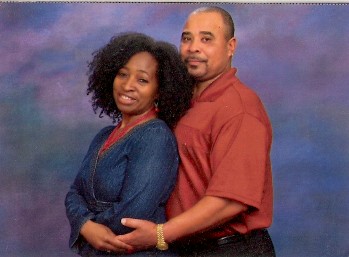
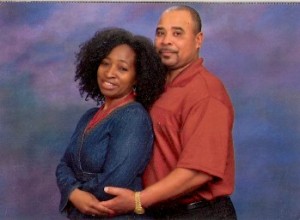
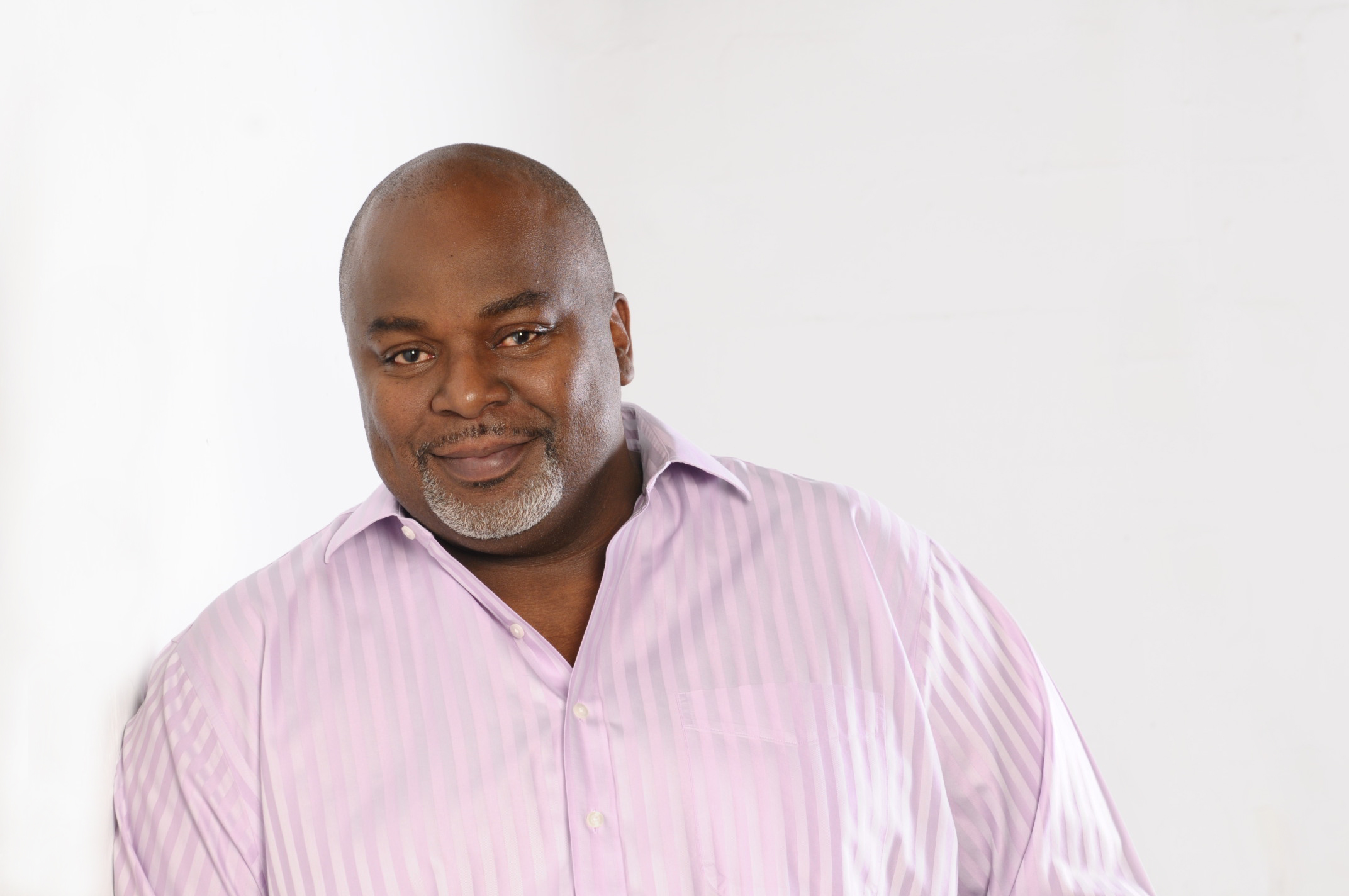
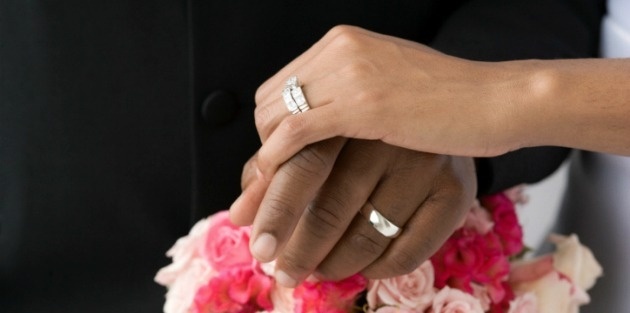
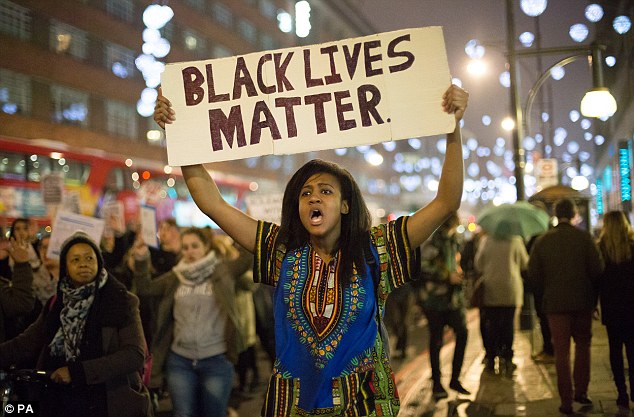

2 Comments
*Amen, amen, AMEN! 🙂 I’m co-signing 1000%: we cannot expect better until we demand better, and it’s like a wise woman once said: “It’s better to want something you don’t have than to have something you don’t want.” Glad you read and related Friend, appreciate you! 🙂
August 17, 2012 at 8:04 pmThis should serve as a lesson to those women afraid to leave relationships that are making them miserable, fearfully believing they will “end up alone” and that “the devil you know is better than the one you don’t.” So happy you had the courage to take that step. You deserve to have all the happiness, love and support you can get. 🙂
August 17, 2012 at 7:21 pm